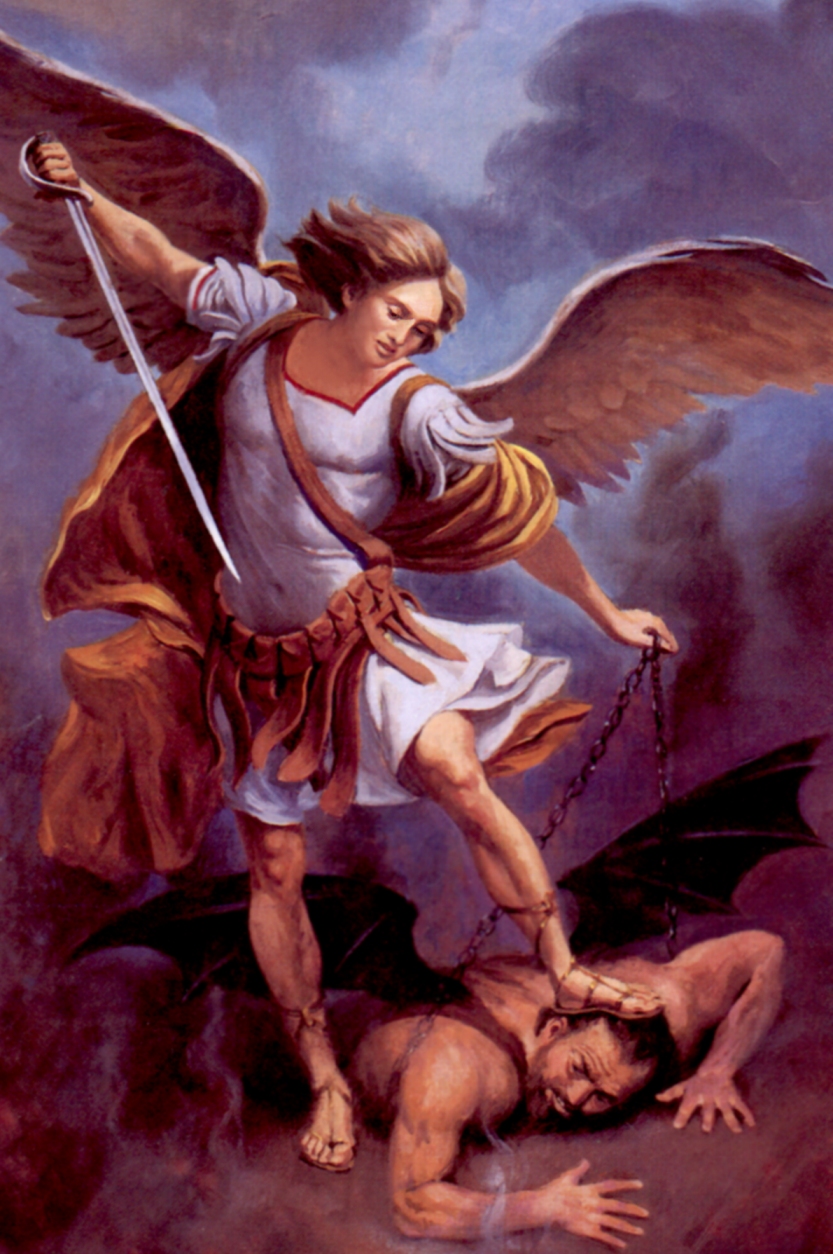
Elliot evokes the image of Hyacinth, the tragic divine hero who embodies the death and rebirth of nature. A motif throughout the poem is one of living dead, things that are neither and both. Ovid writes of Hyacinth being immortal, though dead since he rises each year, much like plants in nature. The hyacinth girl, having her "arms full" and "hair wet" are both motifs of life, as we see water is a life force throughout the poem. Elliot juxtaposes an image of a woman full of life against his "I" character who is "neither living nor dead" to show how cruel life is, being so full only to end in death.
If we look at William Carlos Williams' poem, To Elsie, (written a year later) we see that he deals with similar themes of nature being a cruel reminder. Nature exists outside of the human experience, especially with the rise of industry and the suburban landscape. Nature is constantly growing out of the dead; it in fact needs death to thrive.
Ovid took Greek myths and retold them, gave dead stories new life; going back to Elliot's undead motif, we see that he looks to literature in addition to nature to understand this concept of living dead. If we think of the time period, Elliot was grappling with constant change in technology and industrialization. It seems as though he was seeking a sense of permanence or understanding of how the world can constantly remake itself.
Elliot's motif of the undead is almost always paired with nature, as if to show how nature constantly is changing and being reborn. Humans, on the other hand, are in a permanent state of living dead; being alive, but actively dying. "Looking into the heart of light" is Elliot's truth; that humanity is
apart from nature. Humanity cannot be immortal in the sense of being literally reborn, but we can find other ways to remain permanent in an impermanent world (The Wasteland).

